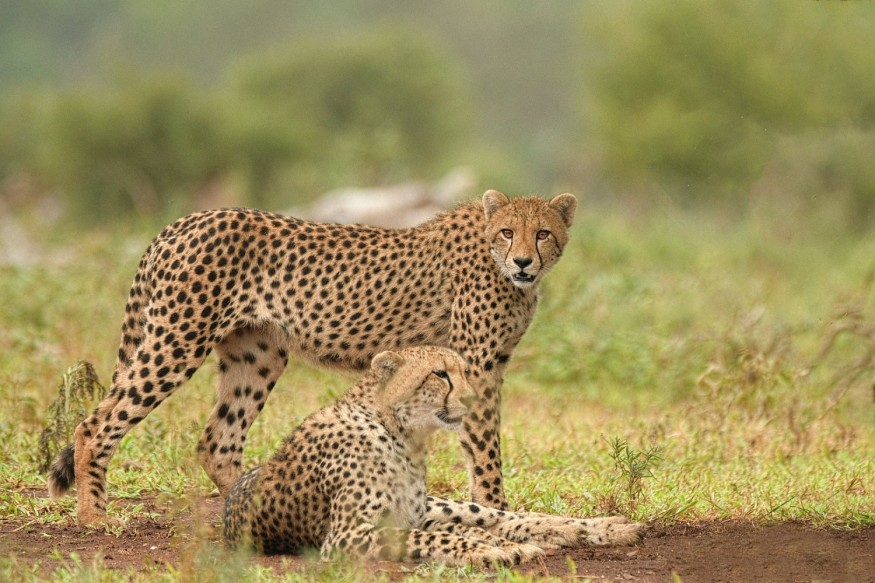
More cheetahs have died at India's Kuno National Park, in the central state of Madhya Pradesh, which brings challenges for the country to keep up with their Project Cheetah.
Park officials discovered a young African cheetah named Suraj in poor health, with maggots and flies buzzing around his neck.
The death of Suraj marks the eighth cheetah to die in the national park in four months. Three days earlier, a 4-year-old Tejas was also found lifeless with the same injuries around his neck.
Cheetah Project
The Indian government launched Project Cheetah, which aims to reintroduce the feline population in Madhya Pradesh by importing them.
Prime Minister Narendra Modi celebrated his 72nd birthday in September at the national park to personally welcome eight cheetahs from Namibia. Another 12 cheetahs were brought from South Africa and arrived in February 2023.
Critics earlier warned that Namibian cheetahs might struggle to adapt to the Indian habitat; however, organizers remain unfazed.
"Cheetahs are very adaptable and (I'm) assuming that they will adapt well into this environment. So I don't have a lot of worries," said Dr. Laurie Marker, founder of the Namibia-based charity Cheetah Conservation Fund, as quoted by the DW.
In March, a female named Sasha died of kidney disease. But the park official rejoices in the birth of four cubs after a successful mating of cheetahs from Namibia.
However, following this, three cubs died in May.
The BBC reported that the cubs were discovered to be weak and extremely dehydrated, while the adult cheetahs died due to kidney failure and mating injuries.
The death of the feline put pressure on the project managers to reconsider the strategy, but the Indian government downplayed the deaths.
Environment and forest minister Bhupender Yadav insisted that the project would be successful, noting that the deaths were due to natural causes.
"We are in touch with experts, including international experts," Yadav said in an interview with a news agency, as quoted by DW. "Our team will visit there. The cheetahs will not be relocated and will remain in Kuno only."
Experts and wildlife conservationists remain suspicious of the project. They believed that the program is based on "poor science" and lacks transparency.
"It is crucial that good quality science is incorporated into the planning, implementation, and monitoring of the cheetah project. Lessons have to be learnt from the implementation experience and the project needs to be revised," Ravi Chellam, a wildlife biologist and CEO of Metastring Foundation and Coordinator, Biodiversity Collaborative.
Recommended for medical review
An expert committee, which is part of Project Cheetah, has recommended a medical review for the surviving animals.
Veterinarians who examined the wound on the neck of the cheetahs said the radio collar fitted may have indirectly affected the health of the felines.
According to The Hindu, cheetah collars are made of polystyrene and contain a radio-frequency tracking chip that allows the animal to be monitored.
While it is ideally intended not to hinder the animal's movement, it has been observed to do so. When combined with the moisture of the monsoon season, to which South African cheetahs are not accustomed, the animal may have been unable to lick itself clean, allowing parasites to fatally lodge inside the wound.
Yadav has dismissed the speculations concerning the detrimental consequences of radio tags implanted in the animals.
Related Video:
© 2025 NatureWorldNews.com All rights reserved. Do not reproduce without permission.





